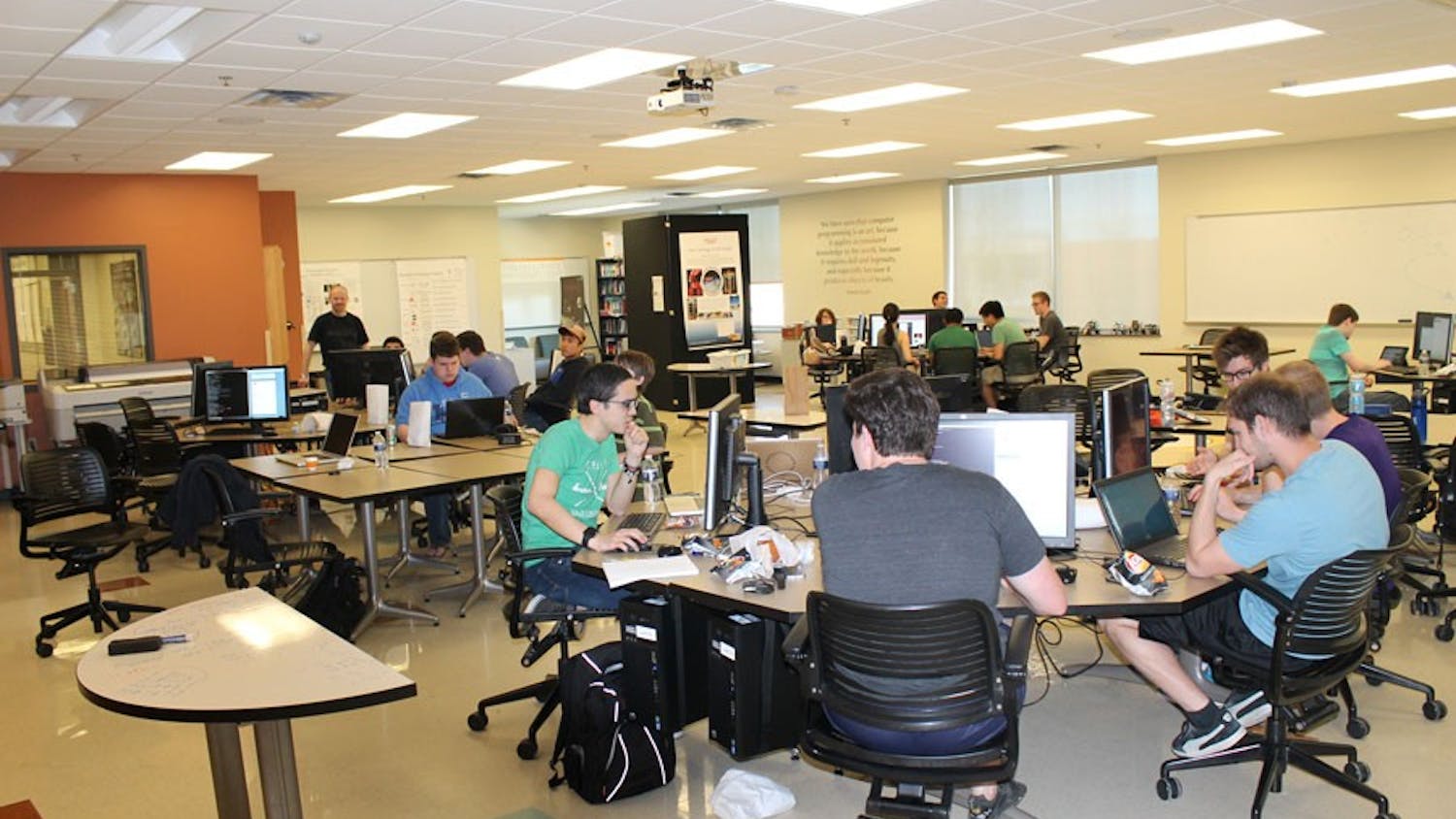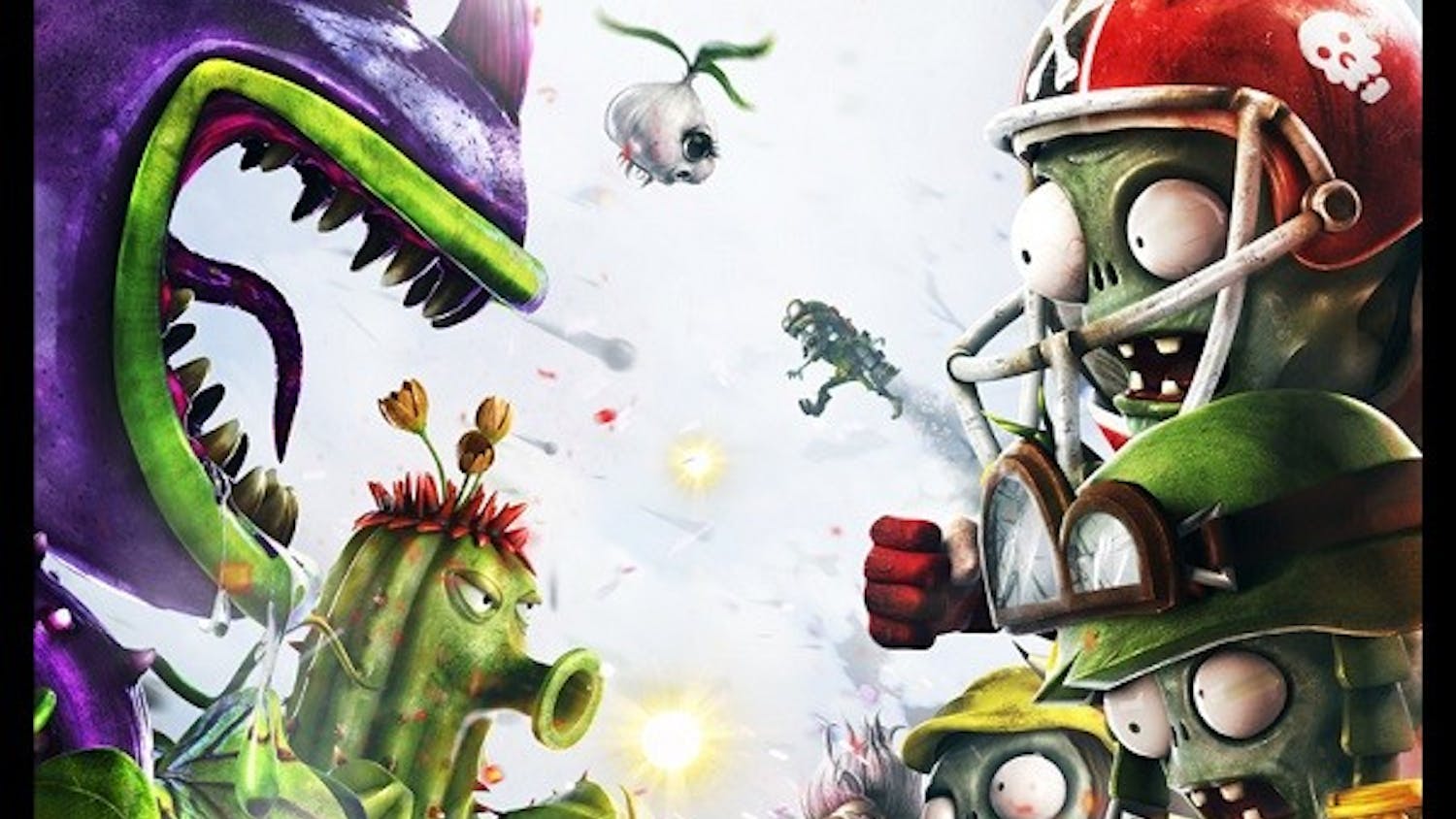Users put search engines to the test in blind comparison study
By Katelyn Irons, Copy Editor
Like a carnival entertainer promising to guess a fair-goer's weight, Bing's latest commercial shows a man promising passers-by that they will choose Bing over Google in a blind comparison test. The man in the commercial even promises an Xbox 360 to anyone who does not choose Microsoft's search engine.
"It's the modern-day version of Coke versus Pepsi," said PC World's Liane Cassavoy.
In the same commercial, Bing says people chose their search engine nearly 2-to-1 over Google in side-by-side blind comparison tests.
What Microsoft fails to say - but puts in tiny print at the bottom of the screen - is that this is only comparing the search results and formatting of those results, which does not take into account the whole experience of the website.
Microsoft conducted a study to get their results through the independent firm Answers Research.
According to Bing's website, 1,000 people 18 years old and older were chosen randomly to take the test. Participants searched for queries of their choice 10 times and chose the results that best fit their needs.
According to Bing, 57.4 percent of users chose Bing a majority of times, 30.2 percent chose Google and 12.4 percent chose each search engine an equal number of times.
The blind test excluded features which could give away the websites' identities, such as advertisements and graphical features.
Google keeps its website simpler, including only the Google logo and search bar, except on special occasions.
On Bing, a new high-resolution photograph is selected each day for display. Some people love the pictures and say they add to their experience of searching. Others find it less helpful.
"I find (Bing's site) distracting, and it looks unprofessional, especially if you have a slow computer. It takes more time to load," said Taylor professional writing professor Pam Jordan-Long.
Both sites feature mapping programs and translators, but Google also has its widely-used Gmail and Google Docs applications.
In a personal survey of 25 Taylor students and professors, only 8 percent found Bing preferable to Google.
One student said she prefers Bing because it is built into her phone's operating system.
Overall, people prefer Bing's search results more than Google's. But 66 percent of searchers still use Google, compared to the 15 percent who use Bing, according to ComScore as cited by PC World.



